
Phineas Baxandall is a Senior Policy Analyst at U.S. PIRG and directs program on tax and budget issues as well as transportation. He often presents at conferences and has given invited testimony and public comment to state legislatures, Congress, and the U.S. Department of Transportation. His blogs appear on the National Journal Transportation Expert blog, Huffington Post and StreetsBlog. At U.S. PIRG, he has authored or co-authored dozens of reports, including a series examining the end of America’s driving boom, a series on infrastructure privatization, and a series on state government spending transparency.
View this complete post...
Tags: Gas tax, Phineas Baxandall, U.S. PIRG, United States Public Interest Research Group, User Fees
Posted in
Funding, Guests on The Infra Blog, Highway, Local, National, Policy, Roads, Tax, The Infra Blog
Comments Off on Guest on The Infra Blog: Phineas Baxandall, Senior Policy Analyst, U.S. PIRG
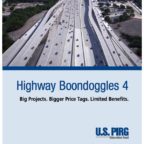












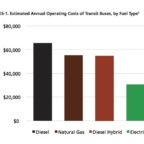

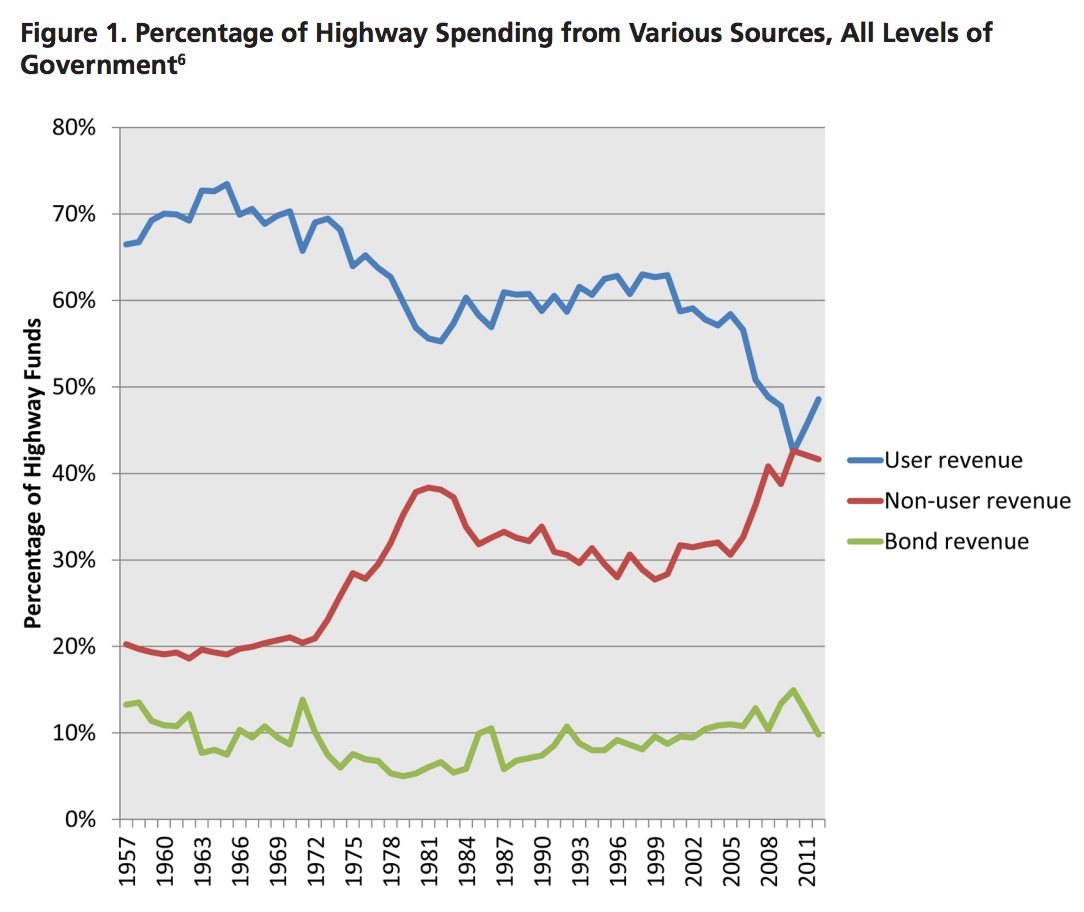
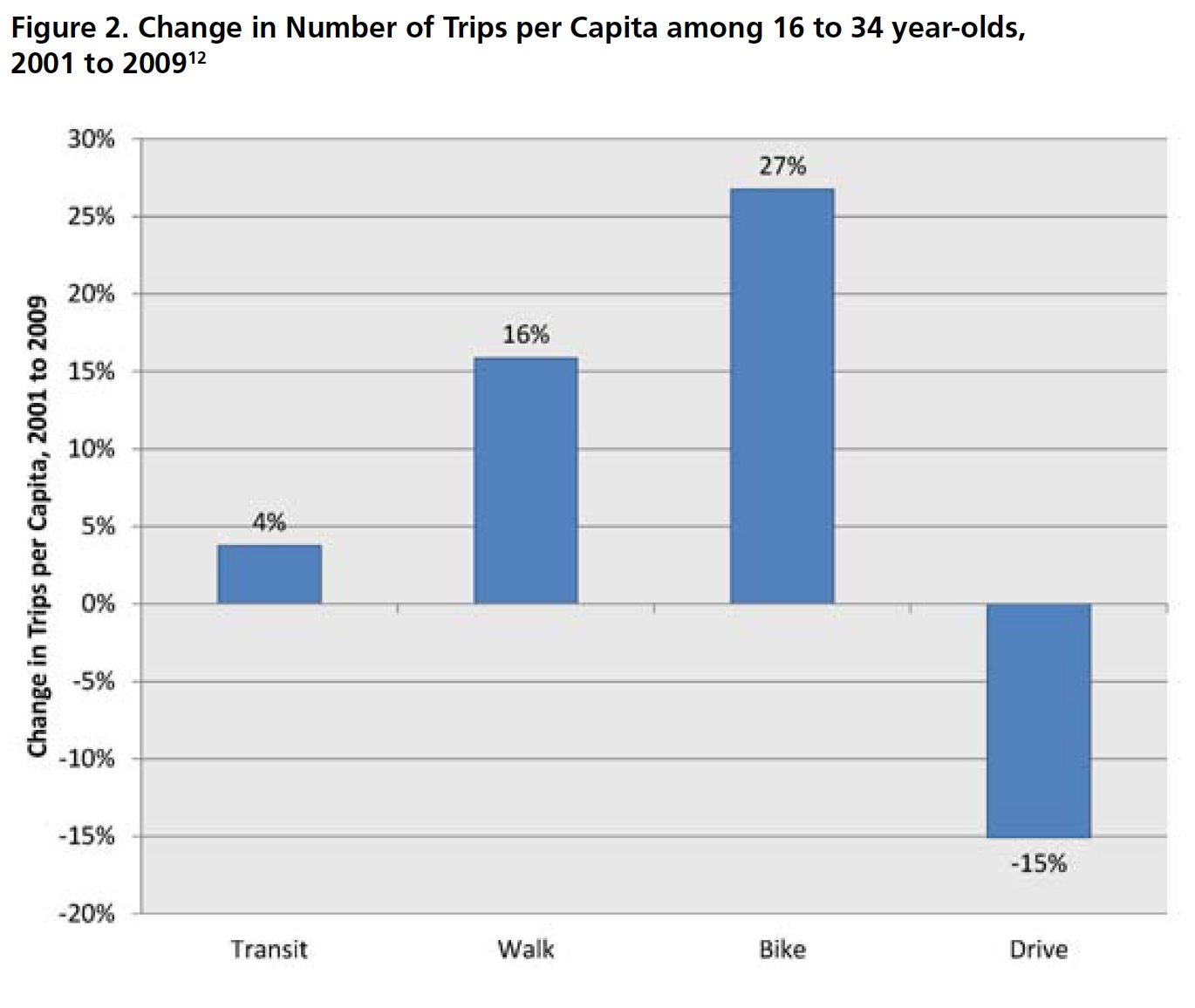
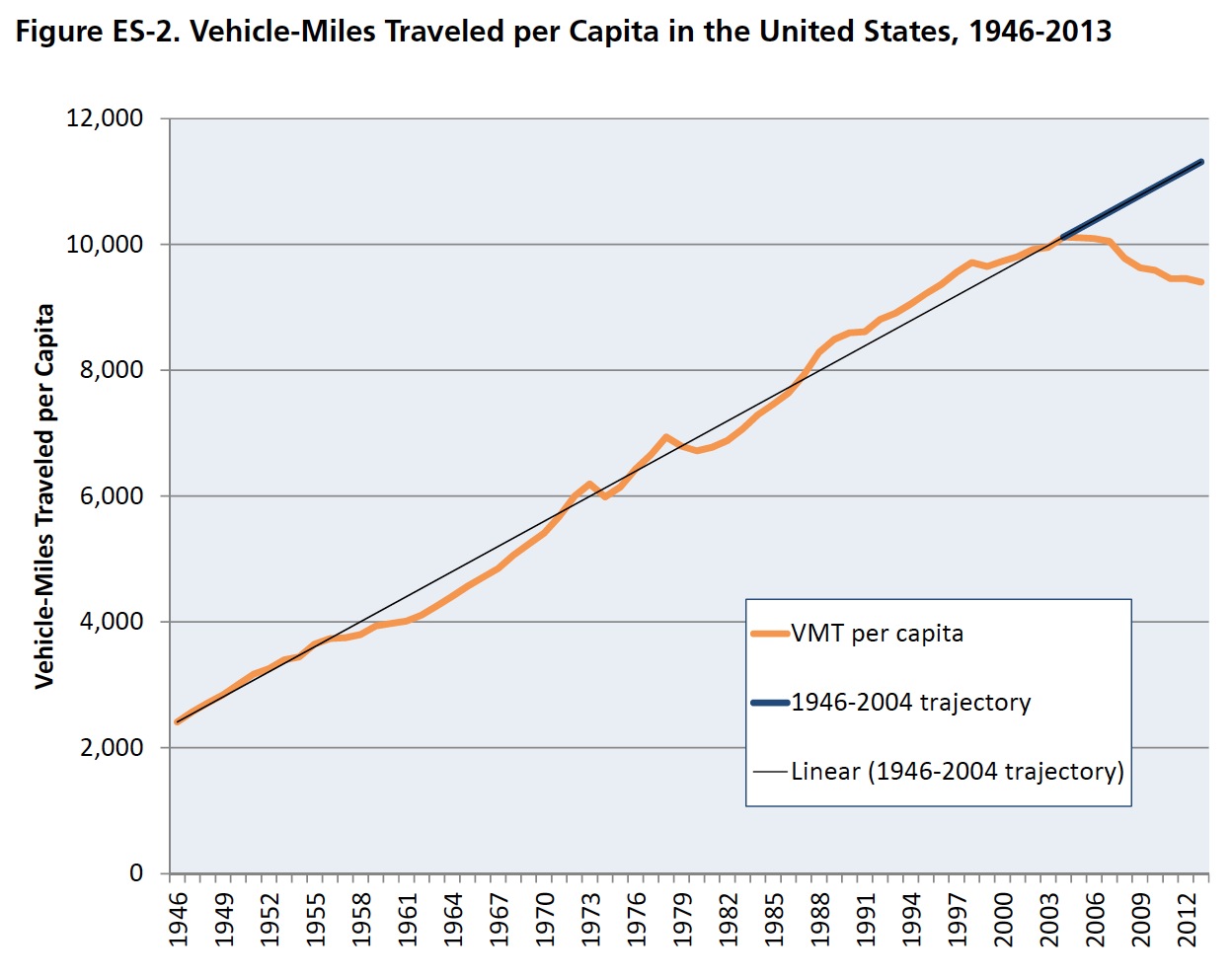
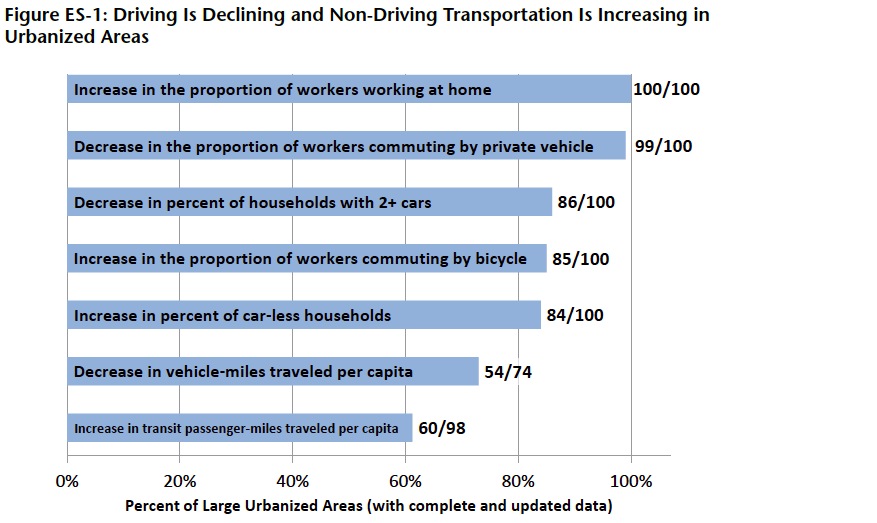
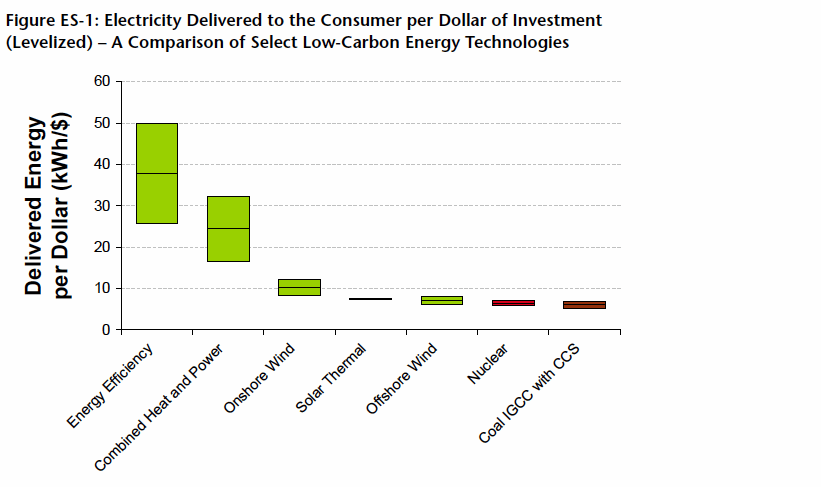
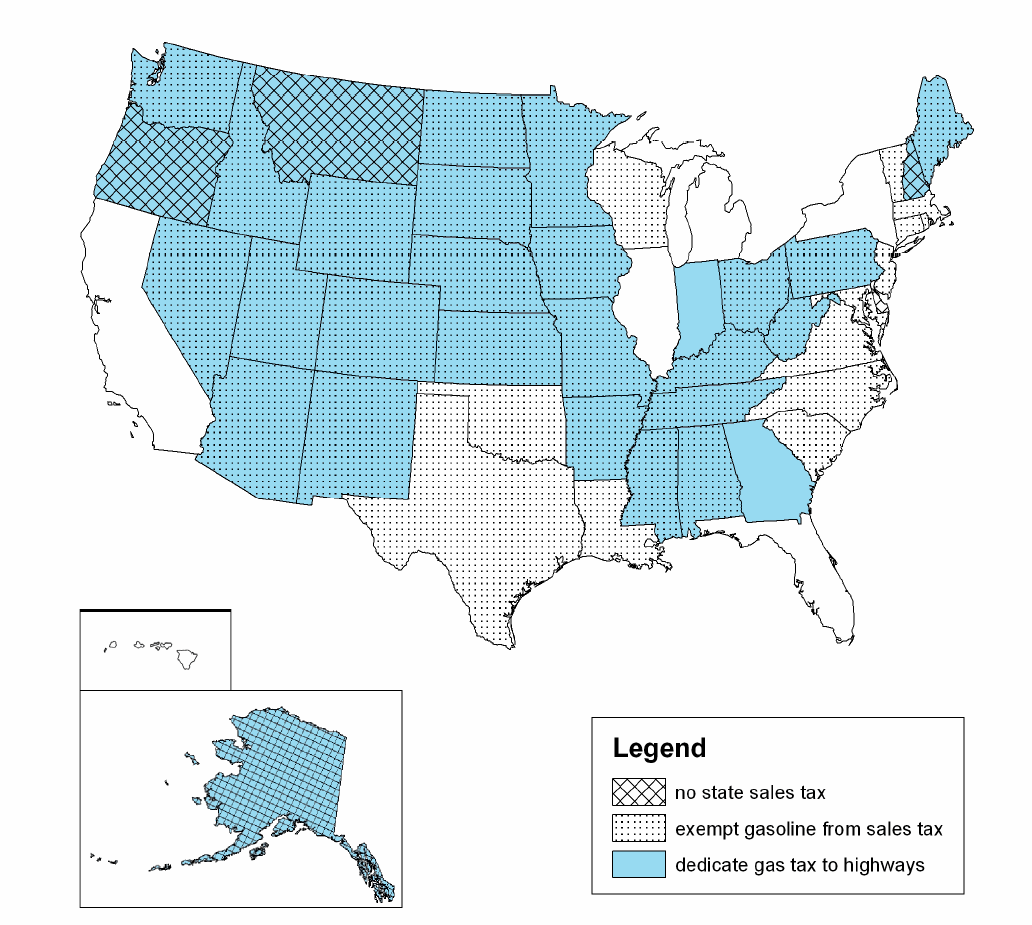

 RSS Feed
RSS Feed